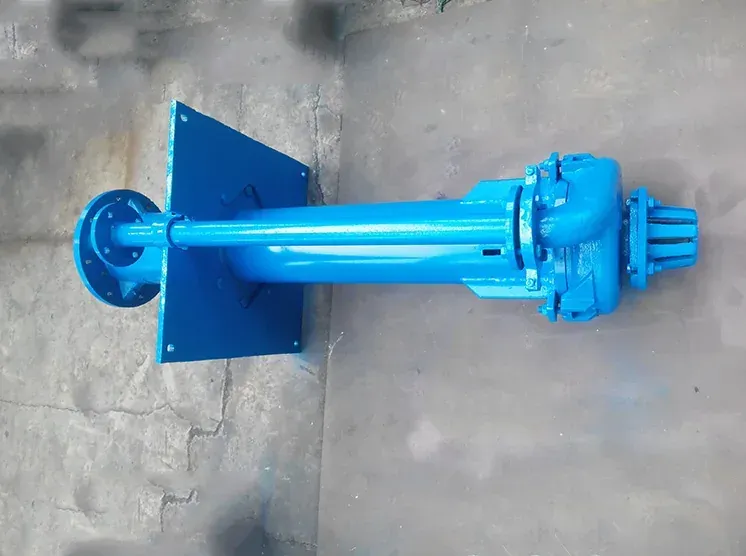Tajik
- Afrikaans
- Albanian
- Amharic
- Arabic
- Armenian
- Azerbaijani
- Basque
- Belarusian
- Bengali
- Bosnian
- Bulgarian
- Catalan
- Cebuano
- Corsican
- Croatian
- Czech
- Danish
- Dutch
- English
- Esperanto
- Estonian
- Finnish
- French
- Frisian
- Galician
- Georgian
- German
- Greek
- Gujarati
- Haitian Creole
- hausa
- hawaiian
- Hebrew
- Hindi
- Miao
- Hungarian
- Icelandic
- igbo
- Indonesian
- irish
- Italian
- Japanese
- Javanese
- Kannada
- kazakh
- Khmer
- Rwandese
- Korean
- Kurdish
- Kyrgyz
- Lao
- Latin
- Latvian
- Lithuanian
- Luxembourgish
- Macedonian
- Malgashi
- Malay
- Malayalam
- Maltese
- Maori
- Marathi
- Mongolian
- Myanmar
- Nepali
- Norwegian
- Norwegian
- Occitan
- Pashto
- Persian
- Polish
- Portuguese
- Punjabi
- Romanian
- Russian
- Samoan
- Scottish Gaelic
- Serbian
- Sesotho
- Shona
- Sindhi
- Sinhala
- Slovak
- Slovenian
- Somali
- Spanish
- Sundanese
- Swahili
- Swedish
- Tagalog
- Tajik
- Tamil
- Tatar
- Telugu
- Thai
- Turkish
- Turkmen
- Ukrainian
- Urdu
- Uighur
- Uzbek
- Vietnamese
- Welsh
- Bantu
- Yiddish
- Yoruba
- Zulu
Telephone: +86 13120555503
Email: frank@cypump.com
Nov . 08, 2024 09:04 Back to list
Efficient Solutions for Wastewater Management and Pump System Integration
Understanding Sewage Pump Systems A Vital Component of Wastewater Management
Sewage pump systems play a crucial role in managing wastewater, ensuring that sewage from homes and businesses is effectively transported to treatment facilities. These systems are essential for maintaining public health and environmental standards, particularly in areas where gravity-based drainage is not feasible. This article explores the components, types, applications, and advantages of sewage pump systems.
Components of Sewage Pump Systems
A typical sewage pump system comprises several key components that work together to facilitate the efficient movement of wastewater. The main elements include
1. Sewage Pumps These are specialized pumps designed to handle the solid waste and liquid sewage from homes and industries. They come in various types, including submersible pumps, which operate underwater, and pedestal pumps, which are mounted above the sewage level.
2. Wet Wells Wet wells are large, underground chambers that collect sewage before it is pumped out. The pumps are submerged in these wells, and once the sewage reaches a certain level, they automatically activate to transport the sewage to the treatment facility.
3. Control Panels These panels monitor the system's operation, controlling the pump's activation and deactivation based on the sewage level in the wet well. Advanced systems may include alarms and usage monitoring to enhance efficiency.
4. Pipe Systems The sewage pump system is connected to a network of pipes that carry wastewater to treatment plants. These pipes must be constructed from durable materials to withstand the harsh conditions of sewage transport.
Types of Sewage Pump Systems
There are several types of sewage pump systems, each suited for different applications
1. Grinder Pumps These pumps are equipped with a grinding mechanism that breaks down solids and ensures smooth pumping of sewage. They are commonly used in residential applications where solid waste needs to be managed effectively.
2. Effluent Pumps Designed to handle liquid waste with minimal solids, effluent pumps are suitable for septic systems and other wastewater applications that require efficient movement of partially treated sewage.
3. Sump Pumps While primarily used for groundwater, sump pumps can also assist in sewage management in areas prone to flooding. They help maintain the water level in basements and other low-lying areas.
4. Vacuum Sewage Systems These systems use a vacuum to move sewage through pipes without the need for gravity, making them ideal for uneven terrains or remote locations.
sewage pump systems

Applications of Sewage Pump Systems
Sewage pump systems are utilized across various sectors, including
- Residential Homeowners often use sewage pumps in basements or areas below the main sewer line to transport wastewater to the main sewer system.
- Commercial Businesses with high wastewater output, such as restaurants and hotels, rely on sewage pump systems to manage their waste effectively.
- Municipal Cities and towns employ sewage pump systems in their wastewater treatment facilities, ensuring that sewage from households and industries is properly processed.
- Industrial Factories and manufacturing plants utilize these systems to handle the waste generated during production processes.
Advantages of Sewage Pump Systems
Implementing sewage pump systems offers several benefits
1. Improved Waste Management By efficiently transporting sewage, these systems reduce the risk of overflow and contamination, protecting public health and the environment.
2. Flexibility in Installation Sewage pump systems can be installed in various locations, providing solutions for properties with challenging terrains or distances from gravity-fed sewer lines.
3. Energy Efficiency Modern sewage pumps are designed to be energy-efficient, reducing operational costs while maintaining effective performance.
4. Durability and Reliability High-quality sewage pumps are built to withstand harsh conditions, ensuring long-term operation with minimal maintenance.
Conclusion
Sewage pump systems are indispensable components of effective wastewater management. With various types and applications, these systems ensure that sewage is transported efficiently and safely, protecting public health and the environment. As urban areas continue to grow and environmental concerns become increasingly important, investing in reliable sewage pump systems will remain a priority for homeowners, businesses, and municipalities alike. By understanding their function and benefits, stakeholders can make informed decisions to enhance wastewater management solutions in their communities.
-
ISG Series Pipeline Pump - Chi Yuan Pumps | Energy Efficiency&Compact Design
NewsAug.03,2025
-
ISG Series Vertical Pipeline Pump - Chi Yuan Pumps Co., LTD.|High Efficiency, Low Noise, Durable
NewsAug.02,2025
-
ISG Series Vertical Pipeline Pump - Chi Yuan Pumps | High Efficiency, Low Noise
NewsAug.02,2025
-
ISG Series Vertical Pipeline Pump- Chi Yuan Pumps Co., LTD.|High Efficiency&Compact Design
NewsAug.02,2025
-
Heavy-Duty Mining Sludge Pumps - Wear-Resistant Slurry Handling
NewsAug.02,2025
-
Horizontal Split Case Pump with GPT-4 Turbo | High Efficiency
NewsAug.01,2025










